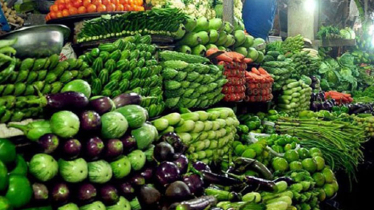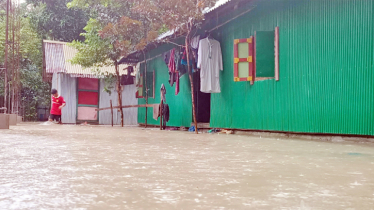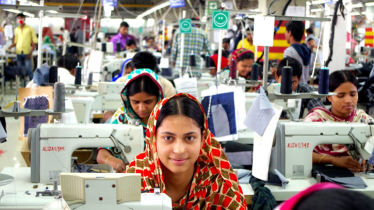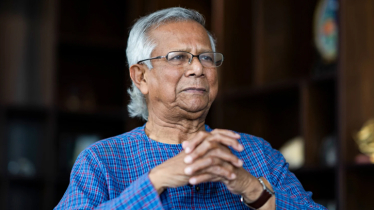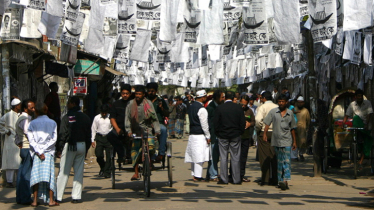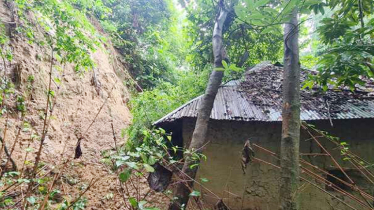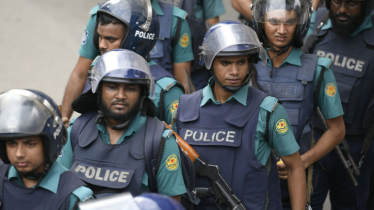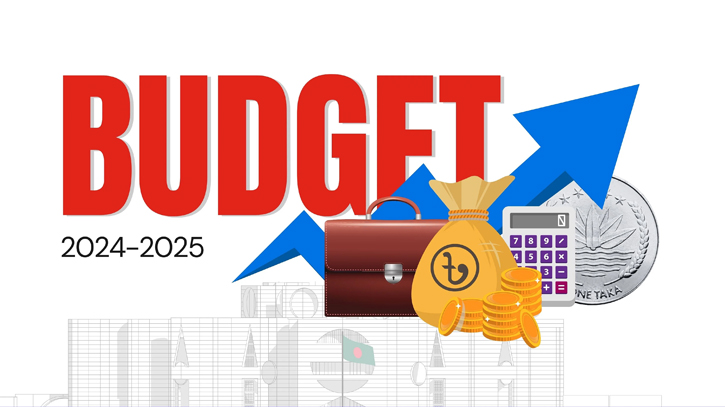
Photo: Collected
A national budget serves as a country’s annual economic blueprint, setting the stage for implementing future plans. This year’s budget theme is a commitment to building a happy, prosperous, developed, and smart Bangladesh. The budget is being introduced during a period marked by rising costs for both food and non-food items. Ordinary citizens are feeling the strain of increasing commodity prices. While the political landscape remains stable, the economy is in turmoil, and government revenue has declined. The government’s reputation has also suffered due to these escalating prices.
People from various classes and professions were eagerly awaiting the proposed budget’s measures to control the rising prices of goods. Economists consider increasing revenue collection, managing debt repayment, borrowing from banks, and accelerating the pace of development projects to be significant challenges for the government. In other words, restoring economic stability by controlling inflation will be the primary challenge of the next budget. According to experts, the new budget should focus more on addressing the crisis rather than prioritizing GDP growth.
The GDP growth target has been set at 6.7 percent, reflecting decreases in both global and domestic GDP. Additionally, there are resource constraints due to a significant deficit in revenue generation. Consequently, the budget size has been relatively reduced. Traditionally, the government has set the deficit target at slightly over 5 percent of GDP for each fiscal year. However, for the first time, this target has been set below 5 percent.
The government aims to reduce inflation through effective measures, setting the inflation target for the 2024-25 fiscal year at 6.5 percent. Generally, an increase in the money supply puts pressure on inflation, which will intensify if government spending increases. Therefore, the government plans to reduce expenditure in the next budget, a commendable initiative. To shield the common people from inflationary pressures, experts recommend increasing the allocation to the ‘social security sector’ in the budget.
BEA President Kazi Kholiquzzaman Ahmad remarked that there are pervasive vicious circles throughout the country, comprising individuals and interest groups whose activities hinder governmental efforts. Despite the government, the people, and other stakeholders having aligned interests, the influence of these malicious entities prevents the establishment of justice and equality in the country.
According to TCB information, the prices of rice, lentils, garlic, turmeric, potatoes, onions, fish, meat, eggs, milk, and almost all other food products have increased. The tension in the international market has impacted the entire economy, and the dollar crisis persists. The government has also been forced to cut many regular expenses due to the financial crisis. Economists fear that Bangladesh’s economy may face additional pressure in the future when paying foreign debt.
Messenger/Fameema

